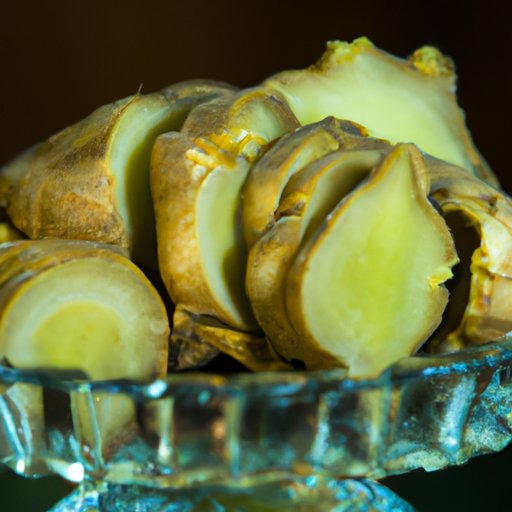
Introduction
Dry heaving is the unpleasant sensation of vomiting without any contents coming out. It’s a common symptom of morning sickness, motion sickness, and some medical conditions. Dry heaving can also occur as a side effect of chemotherapy or other treatments. It can be uncomfortable and disruptive to daily life, so it’s important to know how to stop it. This article will discuss the causes, symptoms, and remedies for dry heaving.
Understanding Dry Heaving
Dry heaving can be caused by a variety of triggers, including nausea, anxiety, and dehydration. Symptoms of dry heaving include a gagging sensation, retching, and a feeling of nausea. To prevent dry heaving, it’s important to address underlying causes, such as avoiding dehydration or certain foods. It’s also helpful to take deep breaths and focus on relaxing the body.
Hydration
Dehydration can trigger dry heaving, so it’s important to stay hydrated throughout the day. Drinking water is the most effective way to hydrate. Sipping herbal tea or drinking diluted fruit juice can also be helpful. It’s important to avoid drinking caffeine, as it can lead to dehydration.
Mindfulness and Meditation
Stress and anxiety can trigger dry heaving, so it’s important to practice relaxation techniques. Mindfulness and meditation can be helpful in reducing stress levels. Deep breathing exercises, practicing yoga, or simply focusing on the present moment can help to calm the body.
Ginger
Ginger is a natural remedy for nausea and vomiting. It contains compounds that help to soothe the digestive system and reduce inflammation in the body. Incorporating ginger into your diet can help to prevent dry heaving. Drinking ginger tea, chewing on ginger candy, or adding ginger to meals are all effective ways to consume ginger.
Avoiding Alcohol and Certain Foods
Alcohol and certain foods, such as spicy or fatty foods, can trigger dry heaving. It’s important to avoid these foods if possible. Eating frequent, small meals throughout the day can also help to prevent nausea and dry heaving. It’s also important to avoid eating too quickly or lying down immediately after eating.
Medications
There are several medications that can be helpful in preventing or treating dry heaving. Over-the-counter medications, such as antacids and motion sickness medications, can be helpful in relieving symptoms. Prescription medications, such as anti-nausea medications, can also be effective in treating dry heaving. It’s important to consult with a healthcare provider to determine which medication is most appropriate for your individual needs.
Relaxation Techniques
Stress and anxiety can contribute to dry heaving, so it’s important to incorporate stress-reduction techniques into your daily routine. Exercise, deep breathing exercises, and mindfulness practices can all be helpful in reducing stress levels and preventing dry heaving.
Conclusion
Dry heaving can be uncomfortable and disruptive, but with some effort and self-care, it can be managed effectively. Staying hydrated, practicing relaxation techniques, avoiding trigger foods, and using medications can all be helpful in preventing dry heaving. It’s important to consult with a healthcare provider if you experience frequent or severe dry heaving, as it may be a symptom of a more serious medical condition.





